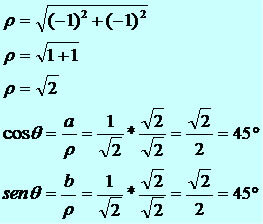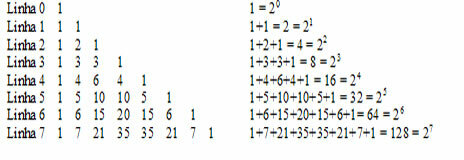THE Six Day War occurred in June of 1967 and resulted in the swift Israeli victory over the troops of the Egypt, Syria and Jordan. With the victory, Israel annexed to its territory the Sinai Peninsula, the Gaza Strip, the West Bank, Jerusalem and the Golan Heights. In six days, Israeli territory jumped from 20,720 km² to 73,635 km².
It was the third armed conflict between Middle Eastern countries against Israel since the creation of the Israeli state in 1948. It was the fastest of all Arab-Israeli conflicts in the region. One of the main reasons for the Israeli victory was the superiority of the weapons technology held by the Israelis, strongly supported by the USA.
The causes of the conflict are related to some military mobilizations on the borders of the countries that were involved in the confrontation. In April 1967, the Israeli Air Force had attacked Jordan. This measure led the president of Egypt, Gamal Abdel Nasser, to put his country's Armed Forces on alert, as well as withdrawing UN troops from the desert located in the Sinai Peninsula, bordering Israel. They also blocked the Strait of Tiran, which impeded Israel's access to the Red Sea and the Indian Ocean, through the port of Eilat and the Gulf of Aqaba.
There was also the signing of a Mutual Cooperation Agreement between Jordan, Syria and Egypt, in May 1967, representing an escalation of hostilities between the countries involved in the conflict. Israel accused neighboring countries of intending to exterminate the state created in 1948. On the other hand, the Arabs pointed out the creation of the State of Israel as an affront to the populations that had inhabited the region for centuries.
The Israeli action began on June 5, 1967, following an order from the Minister of Defense, Moshe Dayan. In one day, Israeli air strikes destroyed most of the air bases in Egypt and Syria, neutralizing this sphere of the countries' armed forces. From then onwards, the actions took place overland, with Israeli troops advancing across wide swaths of the territories of other countries.
On June 7, the Israelis had conquered the entire city of Jerusalem, symbolically taking it over with the raising of the Israeli flag on the Wailing Wall. As of June 8, the Sinai Peninsula and much of the West Bank were under Israeli control. As there was no quick ceasefire, the Israelis continued to advance into Syrian territory, taking the Golan Heights.
The Arabs lost around 15,000 men, more than 400 planes and 800 tanks, while the Israelis had casualties on the order of 800 people and just over 40 aircraft.
By staying in the occupied territories, the Israelis have intensified conflicts with the Arabs and the Palestinians, mainly with the construction of several colonies of Israelis, considered illegal.
The Six Day War expelled an even greater number of Palestinians from their lands, intensifying the problems of the so-called Palestine Question, the lack of an Arab State for these people.
In fact, it was the Palestine Question that led to the creation of Al Fatah, a political-military group created in the 1950s whose main leader was Yasser Arafat. Determined to confront the Israelis through armed struggle, Al Fatah and other Palestinian groups carried out a series of attacks on Israeli settlements in the region, also being another cause of conflicts.
* Image credit: Arkady Mazor and Shutterstock.com.
By Me. Tales Pinto
Source: Brazil School - https://brasilescola.uol.com.br/guerras/guerras-seis-dias.htm


